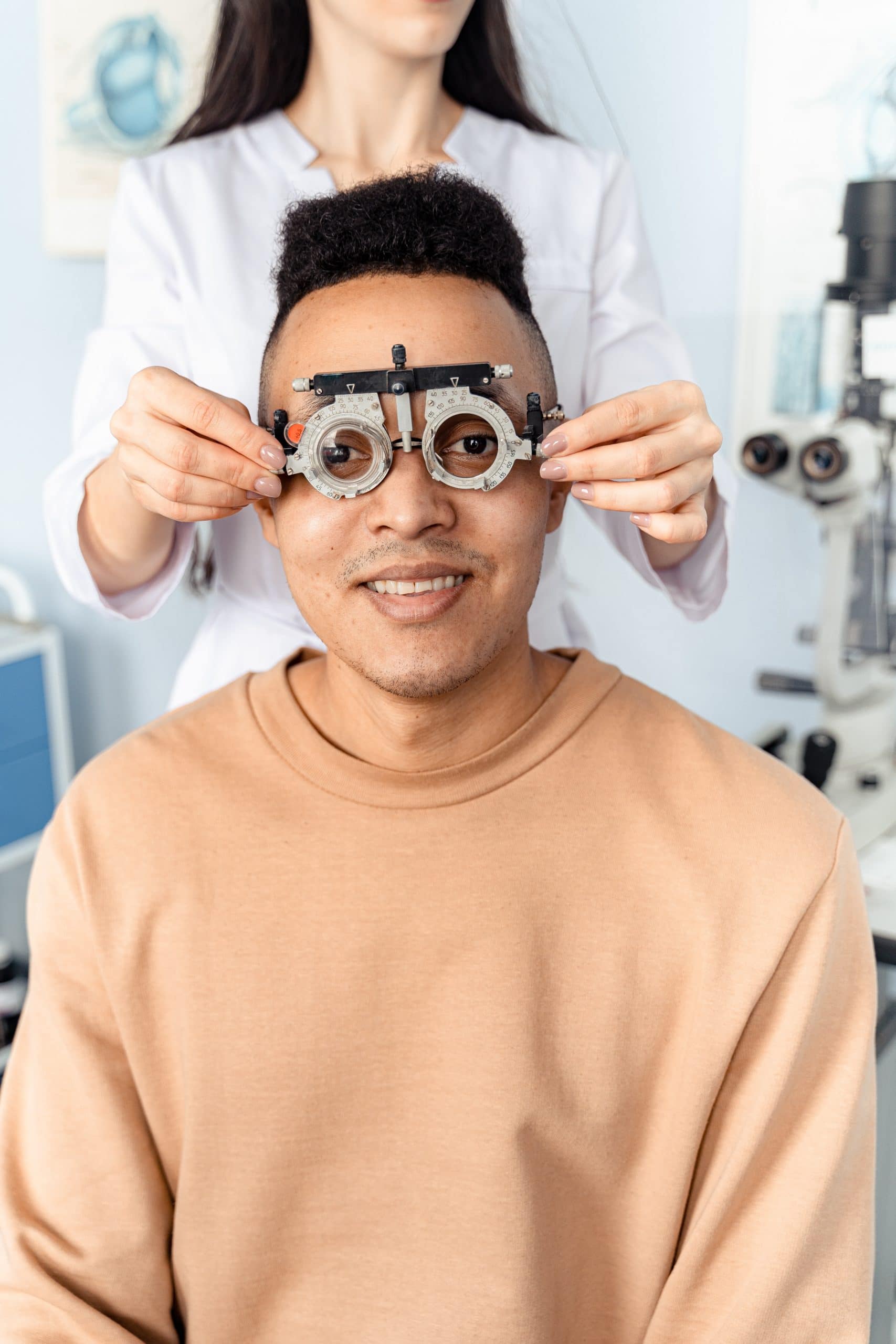The Gradual Onset of Glaucoma Often Goes Unnoticed: In Blindness Awareness Month, Experts Offer Insights to Ensure This is Not the Case
Glaucoma is a name given to a group of eye diseases where vision loss is due to the damage of the optic nerve. This can be linked to the build-up of intraocular pressure in the eye. The increased pressure in the eye damages the optic nerve and can gradually worsen.
In this Blindness Awareness Month, Jacqueline Gattegno, a Smart Vision Optometrist at Eyes InDesign Bondi, offers insight into the detection of glaucoma.
Glaucoma is often called “the sneak thief of sight” because the loss of vision may occur before an individual is aware of it. Signs of glaucoma often go unnoticed because there may be no visible or noticeable symptoms. For instance, the loss of vision in the periphery is a common sign of glaucoma, but it often goes unnoticed.
It is important to detect signs of glaucoma as soon as possible as this condition is a common cause of blindness. Regular eye examinations are advised to “diagnose and treat early signs of glaucoma,” says Jacquie.
Jacquie stipulates common signs of glaucoma to look out for which include, “seeing halos around lights, vision loss, redness around the eye, hazy eyes or eye pain”. If individuals are aware of these signs, it may help eye doctors treat the eye before getting worse and prevent rapid vision loss.
While anyone is at risk of developing glaucoma, some people are at a higher risk. Numerous cases of glaucoma are over the age of 40, however, signs of glaucoma can be visible at any age.
People are more likely to have glaucoma if they have “a history of glaucoma in the family, poor vision/myopia, diabetic, high eye pressure or have an injury to the eye,” says Jacquie.
Glaucoma is hereditary, therefore individuals are more susceptible to developing glaucoma if this condition is prevalent among blood relatives.
Individuals with high myopia (nearsighted or shortsighted) are at a higher risk of primary open-angle glaucoma,” says Jacquie.
Traumatic eye injury or operation can lead to glaucoma. “Eye pressure may rise immediately or gradually upon injury,” says Jacquie, and requires constant regulation and monitoring from eye specialists.
Symptoms unrelated to vision should also be adhered to. Studies have shown that people with diabetes have an increased risk and development of glaucoma. “High blood sugar can cause the lens to swell and can cause blurry vision,” says Jacquie. High or low blood pressure, can also increase the risk of glaucoma as it “affects the blood flow to the optic nerve,” says Jacquie.
Glaucoma treatment
Smart Vision Optometrists have a holistic approach to eye care and therefore invasive surgery, which is a permanent disfigurement, is not considered a viable option and would only be suggested in extreme cases as an absolute last resort,” Jacquie said.
Although glaucoma is a permanent condition, there are other ways to keep your eyes healthy. “Regular exercise may lower the pressure of the eye and keep the blood flowing to the nerve,” says Jacquie, “eating foods that are high in antioxidants also help to keep your eye condition healthy”.
Smart Vision Optometry clinics are located in Sydney. Book a Smart Vision Comprehensive Vision Skills Assessment or Advanced Eye Health Test for any child or adult by calling the Bondi clinic (02) 9365 5047 or the Mosman clinic (02) 9969 1600, alternatively book an appointment online.







